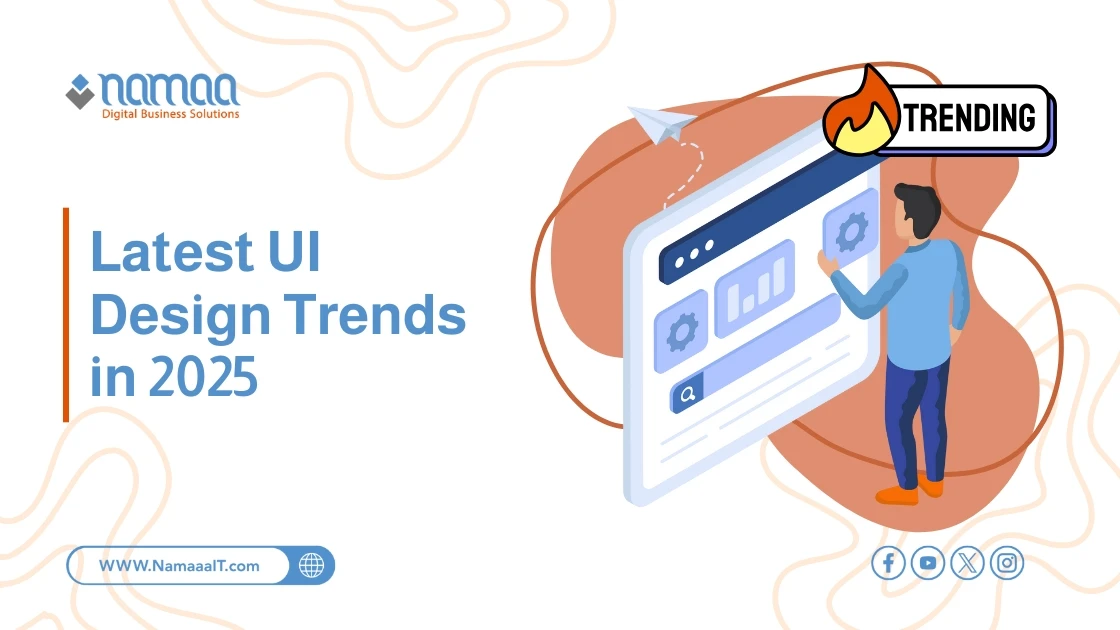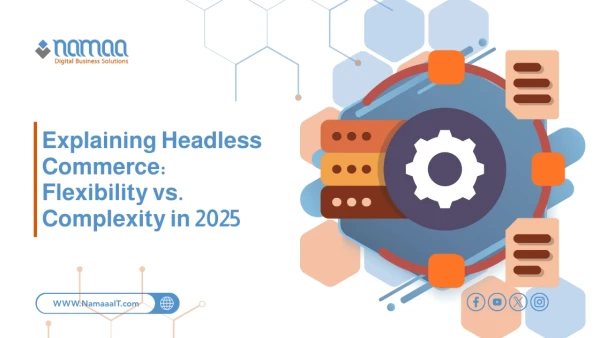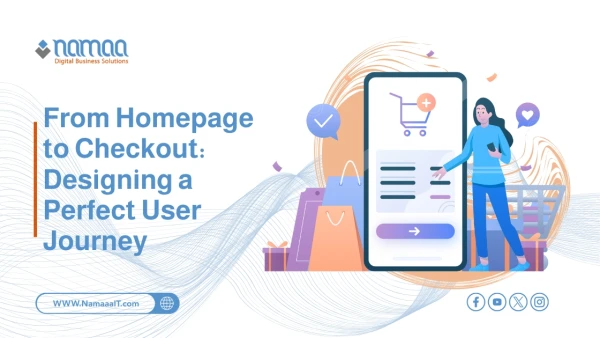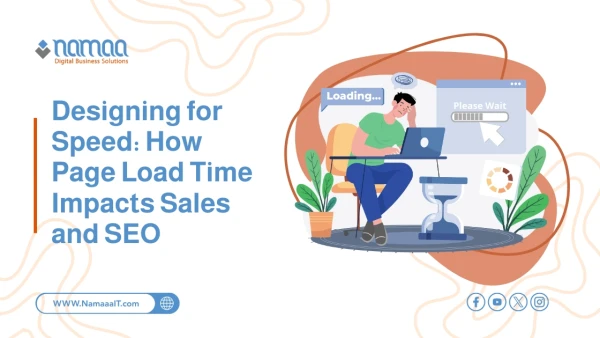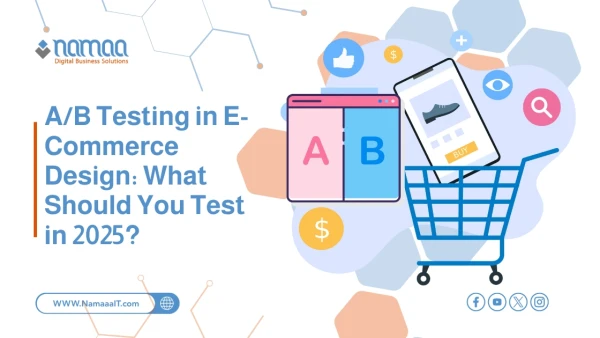The world of user interface (UI) design is evolving at an astonishing pace, driven by technological advancements and increasing user expectations. In 2025, we’re witnessing a clear shift toward more personalized, immersive, and interactive experiences. Visually appealing design is no longer enough—interfaces must be intuitive, responsive, and capable of efficiently meeting diverse user needs. This article explores the top trends shaping the future of website UI design in the coming year and beyond.
What Are the Top UI Design Trends for 2025?
In 2025, UI design is moving toward deep integration of artificial intelligence, 3D and augmented reality experiences, enriched microinteractions, and a renewed focus on inclusive and ethical design. Interfaces will smartly adapt to user behavior and deliver hyper-personalized content.
Animations will become more complex and meaningful, while typography will be bolder and more expressive. Bright colors and dynamic gradients will continue to grab attention, and voice interfaces and gesture control will introduce new ways to interact.
More importantly, sustainable and ethical design will become integral to the process, reflecting growing awareness of social and environmental responsibility.
How AI Is Transforming the Future of UI Design
Artificial intelligence is the driving force behind many innovations in UI design. By 2025, we can expect to see highly advanced applications of AI in user experience personalization. Systems will analyze user behavior in real time to deliver dynamically tailored content, recommendations, and layouts.
Chatbots will become smarter and more context-aware, offering accurate and personalized assistance, reducing the need for users to navigate complex menus. AI will also automate parts of the design process, such as prototyping and usability testing, freeing designers to focus on creativity and strategic thinking.
Designing for AR and VR Interfaces
In 2025, UI design will go far beyond traditional 2D screens. The growth of augmented reality (AR) and virtual reality (VR) interfaces is accelerating—especially in sectors like e-commerce (for virtual product trials), education, and entertainment.
Designing for these immersive environments requires a deep understanding of spatial interaction and guiding users through 3D spaces. Even traditional interfaces will increasingly feature 3D elements, adding depth and realism to products and data visualizations. Designers will need to develop new skills in 3D modeling and spatial interaction design.
The Role of Microinteractions and Advanced Animations in UX
Microinteractions are the small moments that occur when a user interacts with an interface—like a button press response or a page loading animation. In 2025, these will become more advanced and essential.
No longer just visual flourishes, they will provide clear guidance, instant feedback, and enhance users’ sense of control. Advanced motion design, including smooth transitions between UI states, will be used to tell stories, direct attention, and create more engaging experiences. Attention to these details can elevate a good interface to an exceptional one.
Inclusive Design and Accessibility
Inclusive design and accessibility are no longer optional—they're ethical and legal necessities. In 2025, there will be a stronger emphasis on creating interfaces usable by the widest range of users, regardless of physical or cognitive abilities.
This includes ensuring sufficient color contrast for the visually impaired, alt text for images to support screen readers, keyboard navigation, and logical, easy-to-understand user flows. Inclusive design goes beyond compliance—it’s about understanding and empathizing with diverse user needs to create welcoming experiences for all.
read more: Top 10 Features Your Company Website Must Have
Bold Typography and Vivid Color Trends in Modern UI
Bold visual expression will continue to dominate UI design. Large, standout typography will be used not only for headlines but as central design elements to capture attention and convey brand personality. Variable fonts, which allow fine-tuned adjustments in weight, width, and slant, will give designers greater flexibility.
As for color, expect a more daring use of bright hues, dynamic gradients, and even earthy, nature-inspired tones to create rich, emotionally resonant visuals. Color choices will heavily reflect brand identity and target audiences, leaning toward memorable and unique color combinations.
Learn: How to Track Your Website's Performance
Voice User Interfaces (VUI) and Gesture Control
With the growing adoption of voice assistants and smart devices, voice user interfaces (VUI) will become a core part of many digital experiences. Designing voice-enabled interfaces requires an understanding of natural language processing and how to craft intuitive, effective dialogues.
Gesture control—whether through touchscreens or via cameras and sensors—will also gain momentum. This allows for more natural, hands-free interactions, particularly in public spaces or when the user’s hands are occupied. This shift toward touchless interaction opens up new frontiers in interface innovation.
Sustainable and Ethical Design
Finally, there's a growing awareness of the environmental and ethical impact of digital technology. In 2025, sustainable design will be more deeply embedded in UI practices. This includes optimizing website performance to reduce energy use, implementing dark mode by default to save screen power, and minimizing file sizes.
Ethically, there will be a focus on data transparency, avoiding dark patterns that deceive users, and designing experiences that respect user privacy and digital well-being. Designers have a growing responsibility to create digital products that are not only effective and engaging, but also responsible and considerate.
In 2025, UI design is heading toward an exciting and possibility-rich future. By embracing these trends, designers and businesses can craft digital experiences that not only meet but exceed user expectations—driving engagement, loyalty, and success in an ever-evolving digital landscape.
Summary
✅ AI: Over 70% of businesses are expected to rely on AI for personalized UX by 2025, enhancing individual interactions.
✅ AR & VR: The AR/VR market is projected to grow into hundreds of billions of dollars, with 3D elements used in over 50% of interactive interfaces.
✅ Microinteractions & Animation: Thoughtful microinteractions can boost user engagement by up to 40%, making UIs more intuitive and enjoyable.
✅ Inclusive Design & Accessibility: Aims to serve over 1 billion people with disabilities globally, expanding digital reach by up to 15–20%.
✅ Bold Fonts & Vivid Colors: Strong typography and color use can increase brand recognition by up to 80% and enhance UI aesthetics.
✅ VUI & Gesture Control: The number of voice assistant users is expected to exceed 4 billion globally, driving more advanced voice and gesture-driven UI.
✅ Sustainable & Ethical Design: Dark mode can save up to 60% of OLED screen energy, with user demand for data transparency rising by over 75%.
✅ Personalization: By 2025, 85% of customer interactions are expected to happen without direct human input, thanks to advanced technologies.

